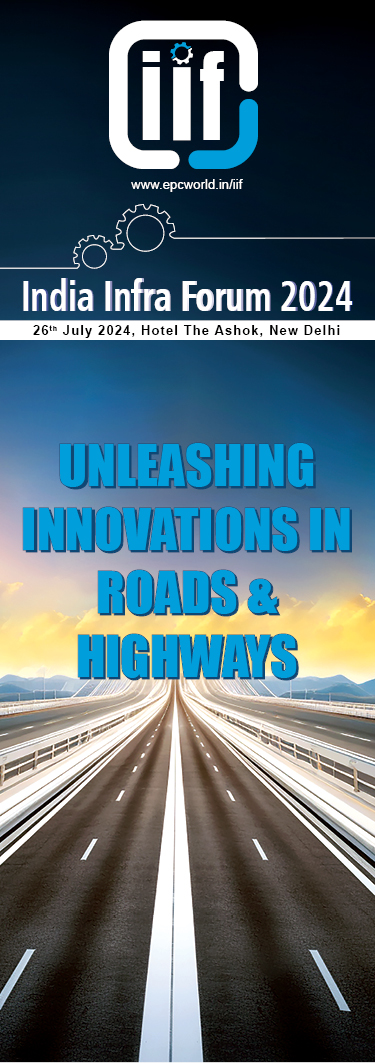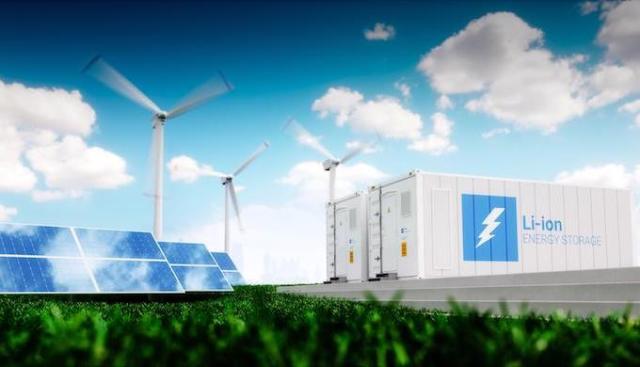by Utkarsh Singh, Co-Founder and CEO, BatX Energies
The planet earth has been facing challenges like pollution, depletion of natural resources, et cetera from a very long time now. Many initiatives have been taken by various stakeholders to curb this issue, which have been successful to some extent but not completely. It is rightly said that - if you want to change anything around you, take a step forward towards it and then spread awareness. Actions of all individuals matter and every single human being can contribute to making the world a better place to live in.
To conquer one of the biggest problems in India, which is pollution, the government has also introduced initiatives for electric vehicles (EVs) which run on batteries making visible impact on the environment. Electric vehicles might not be new to you but many of us fail to understand the importance to control the pollution level. Along with the electric vehicles, Lithium-ion batteries come into play.
What is Lithium-ion battery?
Lithium-ion batteries are often referred to as rechargeable batteries which are an integral part of the electric vehicles which are charged and run-on batteries. Lithium-ion batteries are used in portable electronic machines. These batteries can be recharged and recycled time to time and can be used for various purposes. Lithium-ion batteries have low maintenance and have high energy density. Renewable energy, mobility and storage are the future of the greener and better world.
Research and Developments on Lithium-ion batteries
There have been a couple of studies around the working, usage and benefits of lithium-ion batteries over many years. Many researchers believe that lithium-ion batteries have gotten along well with the electric vehicles over the last 10 years. According to the various researches, decarbonization is the key factor for driving the studies globally. According to a study based on two scenarios (The State Policy Scenario & The Sustainable Scenarios), electric vehicles will occupy 8-14% of the total vehicle sector by 2030 which will eventually increase the demand for the lithium-ion batteries around the world.
Bigger players have started to store the advanced batteries for the future use. As per the current scenario, India has no manufacturing of lithium-ion batteries of its own. India exports batteries from other countries and China tops the list. China is the leading player of lithium-ion battery manufacturers. Exporting parts from other countries leads to a high cost to India. Hence, to meet the need gap in the industry, India has started manufacturing and recycling lithium-ion batteries by purchasing them from the scrap and making them fit for use. The manufacturing of lithium-ion batteries in India itself will cut the cost and help in the entire production growth of the batteries benefiting the nation as well as the economy.
Challenges:
Working on a product from the scratch is never said to be easy. It involves a lot of dedication and hard work. Lithium-ion batteries are popularly used in portable electronics and electric vehicles, they have their own set of challenges which needs to be addressed.
-
Impact of battery degradation: The degradation in the battery takes place when the batter is being used. Apart from using lithium-ion batteries in electric vehicles, the batteries still lack providing long life along with turbo charging process and high energy density.
Solution: Setting a good monitoring system and sensor machines can help you analyze the working time of the batteries which will eventually help in improving the battery’s performance. -
High manufacturing cost: Lithium-ion batteries are not manufactured in India instead they are imported and assembled from other part of the world at a huge cost.
Solution: Setting a manufacturing unit in India which will cut the manufacturing cost and the batteries will be available at a cheaper rate. -
Charging trouble: The lithium-ion batteries should be charged at a set temperature else the overcharging or over heating might damage the battery and the cells.
Solution: The batteries should be charged at +5 to +45 degree celcius. -
Limiting the voltage: Lithium-ion batteries only survive at a set voltage because exceeding the voltage causes damage to the batteries and put the safety at risk.
Solution: Always limit the voltage while charging the batteries -
Use of proper chargers: Using different charger to charge the product leads to damaging the product and its battery life.
Solution: It is very important to use the correct charger available with the product to prevent the battery damage.
The way forward:
The use of Lithium-ion batteries is the future for a greener and eco-friendly environment. The use of lithium-ion batteries help in cutting down the pollution level and improve the air quality. The energy storage and mobility is going to be the most popular concept in India as it won’t only save us costs but also have a huge positive impact on the climate change. With the introduction of different government initiatives, the Indian Government is also trying to promote the use of batteries for a secure future. Having a manufacturing unit in India will help in cost reduction and increase employment.
Along with the batteries being manufactured, they can be recycled and reused too, decreasing the usage of gas leading in increase of pollution level. For a better future, we need to start working today and have a clear vision towards the goal.






